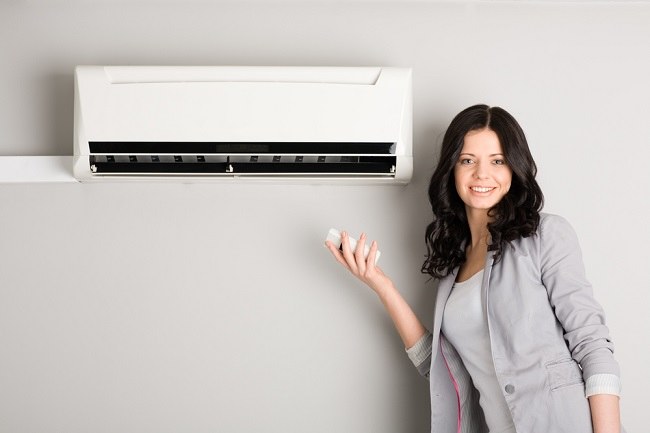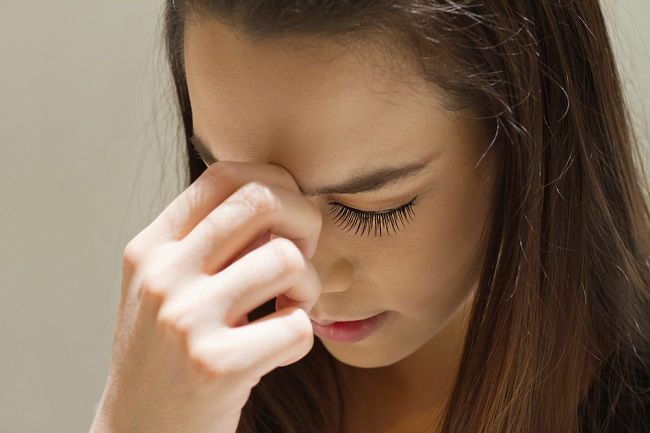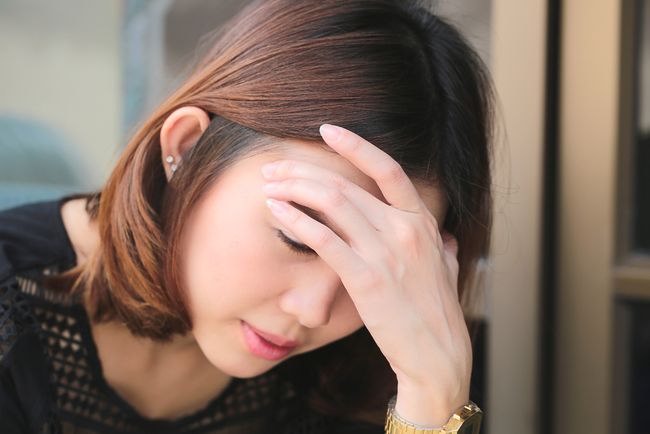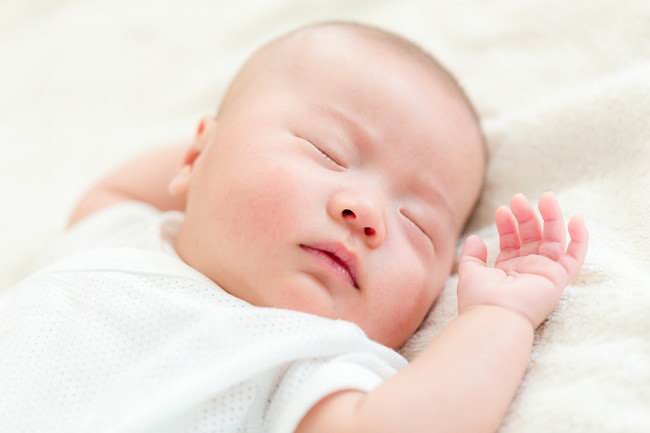Hypomania is a mood disorder that can make someone menbecome more active and excited than usual, but then suddenly gloomy as if depressed. Hypomania is oftenOften associated with psychiatric problems, namely bipolar disorder.
In general, hypomania can be characterized by lack of sleep, but still feeling energized and energetic, and more active than usual, for several days. Symptoms of hypomania are most commonly caused by bipolar disorder

Recognize Symptoms-GSymptoms of Hypomania
A person who suffers from bipolar disorder, especially bipolar disorder type 2, generally feels symptoms of hypomania. Symptoms of hypomania last for a few days or at least 4 days.
Patients usually do not realize that he is experiencing hypomania, but this condition is recognized by the people around him. Symptoms of hypomania are characterized by the following behaviors:
1. More energy
When experiencing hypomania, the body will feel so energized, even though the previous night lacked sleep or did not sleep at all,
2. Talk a lot
The next symptom of hypomania is a lot of talk with slurred speech. Sufferers can talk about one topic to another that is completely unrelated, can also talk quickly or make jokes without stopping.
3. Activities outside the habit
A person who has hypomania can engage in activities that are out of the ordinary, impulsive, and risky. For example, they can paint a house overnight to gamble.
4. High self-confidence
The self-confidence of hypomaniacs is quite high, so they do not hesitate to brag about their greatness.
5. Shopping rashly
A person experiencing hypomania can spend money rashly on things that are not important. For example, spending money to buy a car at a cost beyond your means, or draining your savings to travel
6. High sexual desire
Hypomania is also characterized by increased sexual desire, even to have risky sex.
Other symptoms that can appear in people with hypomania are not being able to stay still, lots of ideas, mood volatile, and increased appetite.
If the symptoms of hypomania are felt more severe, causing changes in mood extreme or persist for more than 1 week, then the condition is referred to as mania. After the episode of hypomania symptoms is over, usually sufferers will feel symptoms of depression and feel tired.
Change mood Extremes such as hypomania, mania, or depression are symptoms that need to be examined by a psychiatrist. According to several studies, people with hypomania caused by bipolar disorder have a high risk of suicide, especially in cases of untreated bipolar disorder.
To overcome the symptoms of hypomania, a psychiatrist will provide treatment in the form of psychotherapy and administration of antimania drugs.mood stabilizer), antidepressants, and/or antipsychotics.









